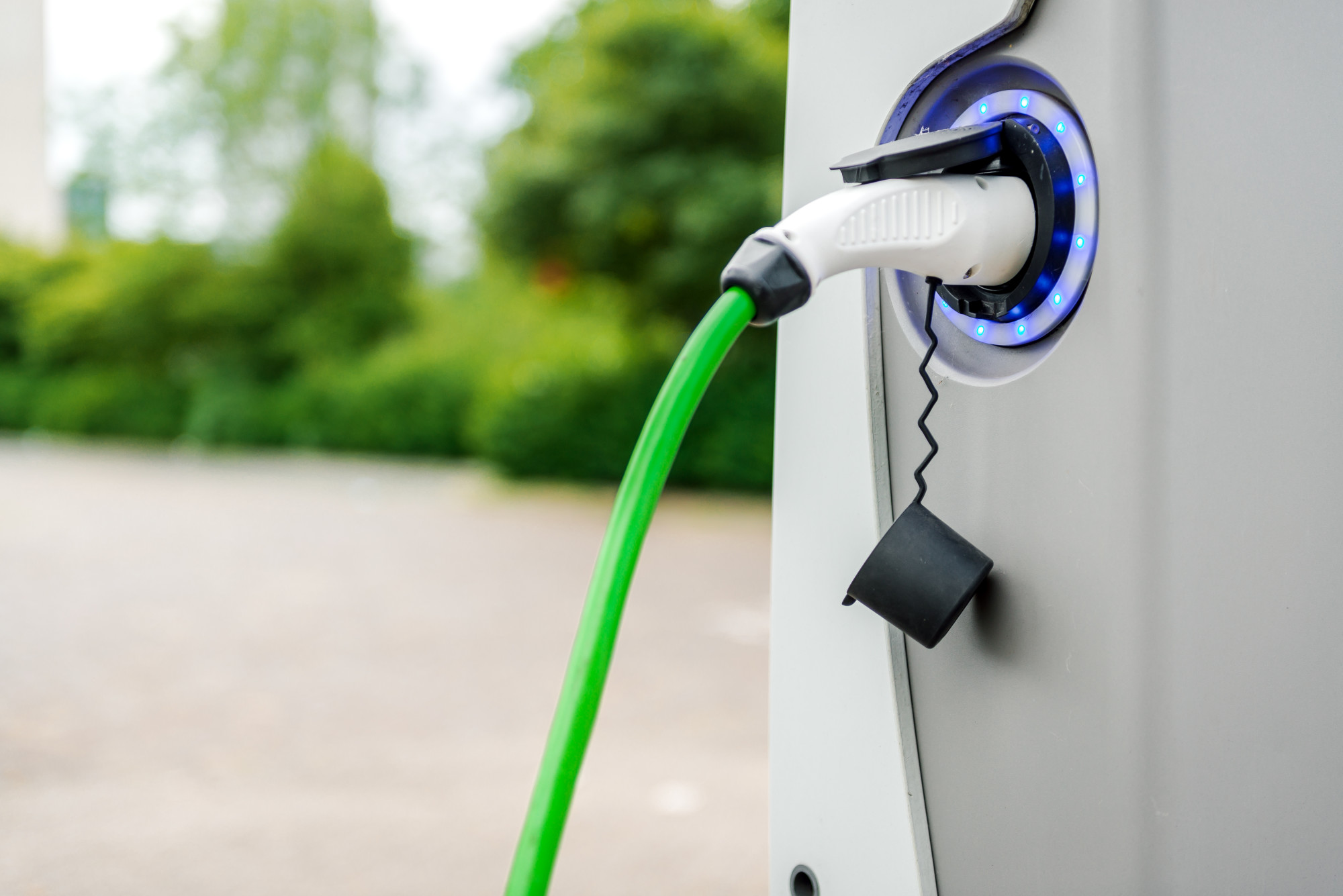Did you know that hybrid and battery-powered plug-in electric vehicles sold over 112,000 units in 2022?
Electric vehicles are becoming more common in our cities. Their quietness and lack of emissions make them the perfect solution for city driving.
However, not everyone has seen the benefit of charging their electric car at home. While we do all the hard work of keeping our electric vehicle charged, the average driver won’t often consider this a concern. But why should they?
Here’s everything that you should know about how to charge an EV at home. Keep reading!
Determine What Type of Charger You Need
Most electric vehicles can be plugged into a standard 120-volt outlet, the type of outlet you find in most homes. But if you want to charge your car more quickly, you’ll need a 240-volt charger, which a qualified electrician can install.
To charge an EV at home, you’ll need to determine what type of charger you need. You can also browse these EV charger collections and see what charger will best fit your needs!
Install Your Home EV Charging Station
Installing a home EV charging station is relatively simple, and there are a few different ways to do it.
One option is to hire an electrician to install a dedicated circuit for your charger. Another option is establishing a Level 2 charger, the most common home electric car charger.
Connect Your Electric Vehicle
Assuming you have an electric vehicle, there are a few things you need to charge at home. First, you need to have a garage or a carport. If you don’t have either, you can install a charging station outside, but it needs to be close to an electrical outlet.
Once you have connected the charging unit to your car, you need to plug it into an outlet. Then turn on the charging unit and wait for your car to charge. It usually takes a few hours to charge an electric vehicle.
Connect to a Solar Panel System
Make sure the solar panels are set up in a sunny location and receive direct sunlight. Also, check that the boards are adequately grounded.
Once these things are in place, you can connect the charging cable to the solar panel system and then to the EV. The EV should begin charging automatically.
The Cost of Home EV Charging
The cost of home EV charging will vary depending on the type of EV, the home’s electric rate, and the time of day the EV is charged.
The best time to charge an EV is at night when electric rates are typically lower. Contact your local utility company to get the most accurate estimate of the cost of home EV charging.
Learn How to Charge an EV Today
To charge an EV at home, you’ll need to purchase a home charger and install it by a certified electrician. You can plug in your EV and start charging.
Most home chargers will take between 4 and 6 hours to charge an EV fully, so it’s best to set it overnight. Follow this complete guide on how to charge an EV at home today!
If you would like to find similar articles, check out our blog.

